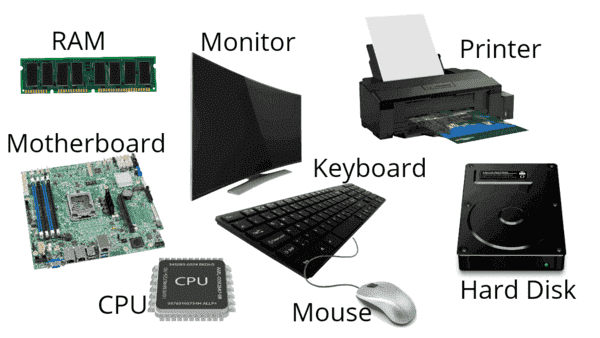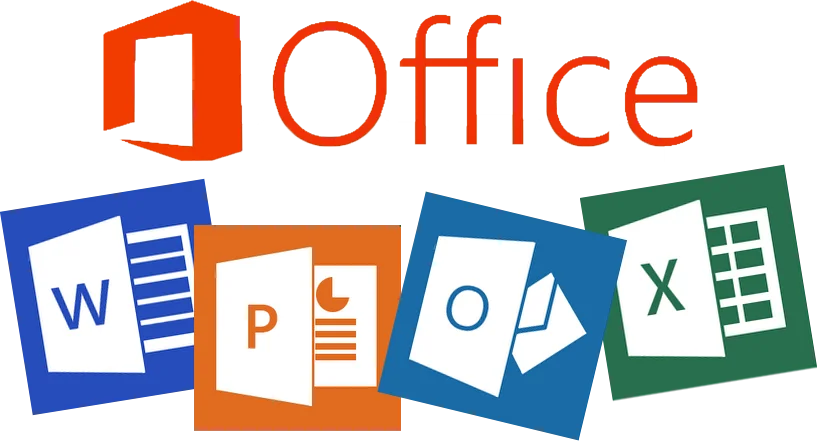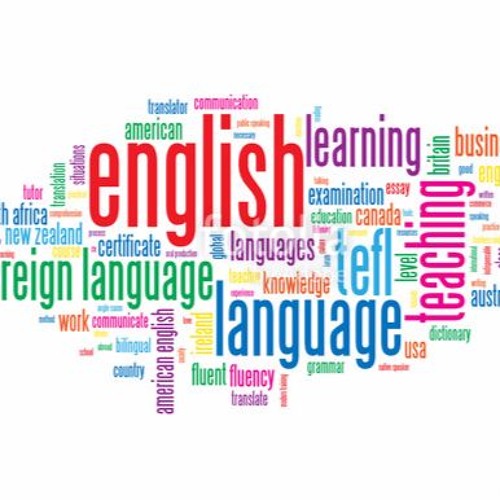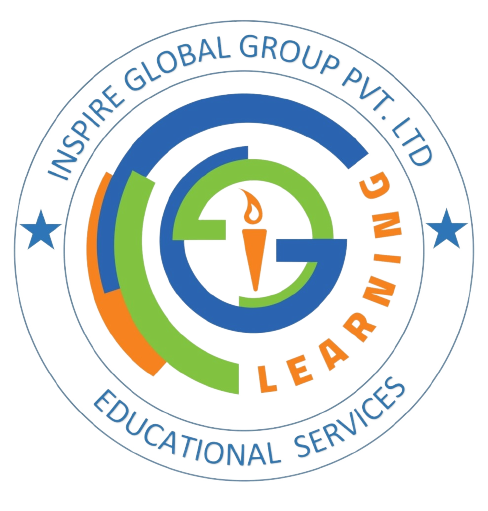Professional development COURSES

basic computer
"Basic computer" typically refers to the fundamental skills needed to use a computer effectively, including tasks like using the keyboard and mouse, navigating the operating system, managing files, and understanding basic software applications. It can also refer to the BASIC programming language, known for its simplicity and ease of use for beginners.

ms office
Microsoft Office is a suite of software applications developed by Microsoft. It includes programs like Word for word processing, Excel for spreadsheets, PowerPoint for presentations, Outlook for email and organization, Access for databases, OneNote for note-taking, and Publisher for desktop publishing. It is widely used for various tasks in business, education, and personal productivity.

English Course
Tally refers to Tally.ERP 9, a popular accounting software developed by Tally Solutions Pvt. Ltd. It is widely used by businesses for managing accounting, inventory, payroll, and other financial functions. Tally allows users to record transactions, generate invoices, manage inventory, prepare financial statements, and comply with tax regulations. It is known for its simplicity, flexibility, and robustness, making it a preferred choice for small and medium-sized enterprises.

dtp
DTP stands for Desktop Publishing. It refers to the process of using software to create documents that include text, graphics, and images for print or digital distribution. DTP software allows users to design layouts, format text, manipulate images, and create professional-quality publications such as brochures, flyers, newsletters, magazines, books, and more. Adobe InDesign, QuarkXPress, and Microsoft Publisher are some examples of desktop publishing software commonly used for DTP tasks.
What are Professional Courses?
Providing students with industry-specific skills is what professional courses entail. Students acquire practical skills from professional courses. The course prepares students for the workforce. In contrast, the objective of a degree program is to give students a solid academic foundation and subject-matter expertise. These courses focus on developing skills, advancing one's career, and bettering oneself. In addition to giving the students an advantage over their peers, this encourages creativity. Students who enroll in professional courses learn the necessary soft skills that are crucial in the field.
unique
01 ECONOMICAL PROGRAMS
Accessible education from prestigious institutions and businesses Get job-ready with reasonably priced, career-related training courses taught by knowledgeable faculty from prestigious businesses and universities. Start today by pursuing your career goals.
02 ACTIVE PROJECTS
Put together work samples that demonstrate your expertise. Apply your new knowledge to practical projects that you can discuss in interviews to show prospective employers that you are prepared for work..
03 FLEXIBLE ONLINE EDUCATION
Learn whenever and wherever suits you best, at your own pace. Start right away and take flexible online courses at your own pace to learn. As you progress through the program, you can network and exchange advice in the Professional Certificate Community.t.
04 BECOME JOB READY
Obtain a career credential to gain access to resources for help with resumes and interviews. Gain access to job search resources, such as assistance with resume development, interview practice, and more, after completion and earn a professional certificate to share with your network. A hiring consortium or partners who accept the Professional Certificate credential are common for many Professional Certificates.

